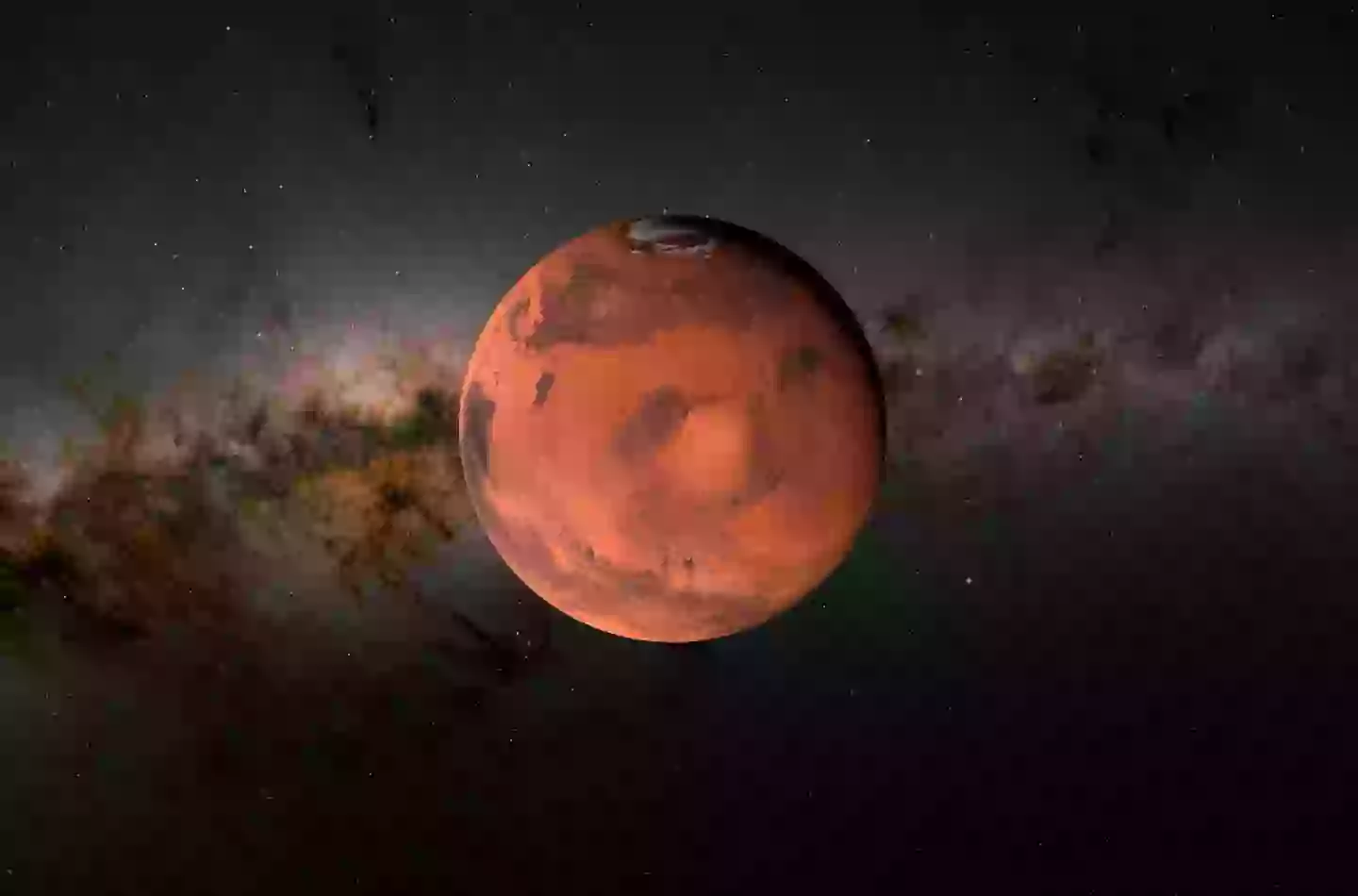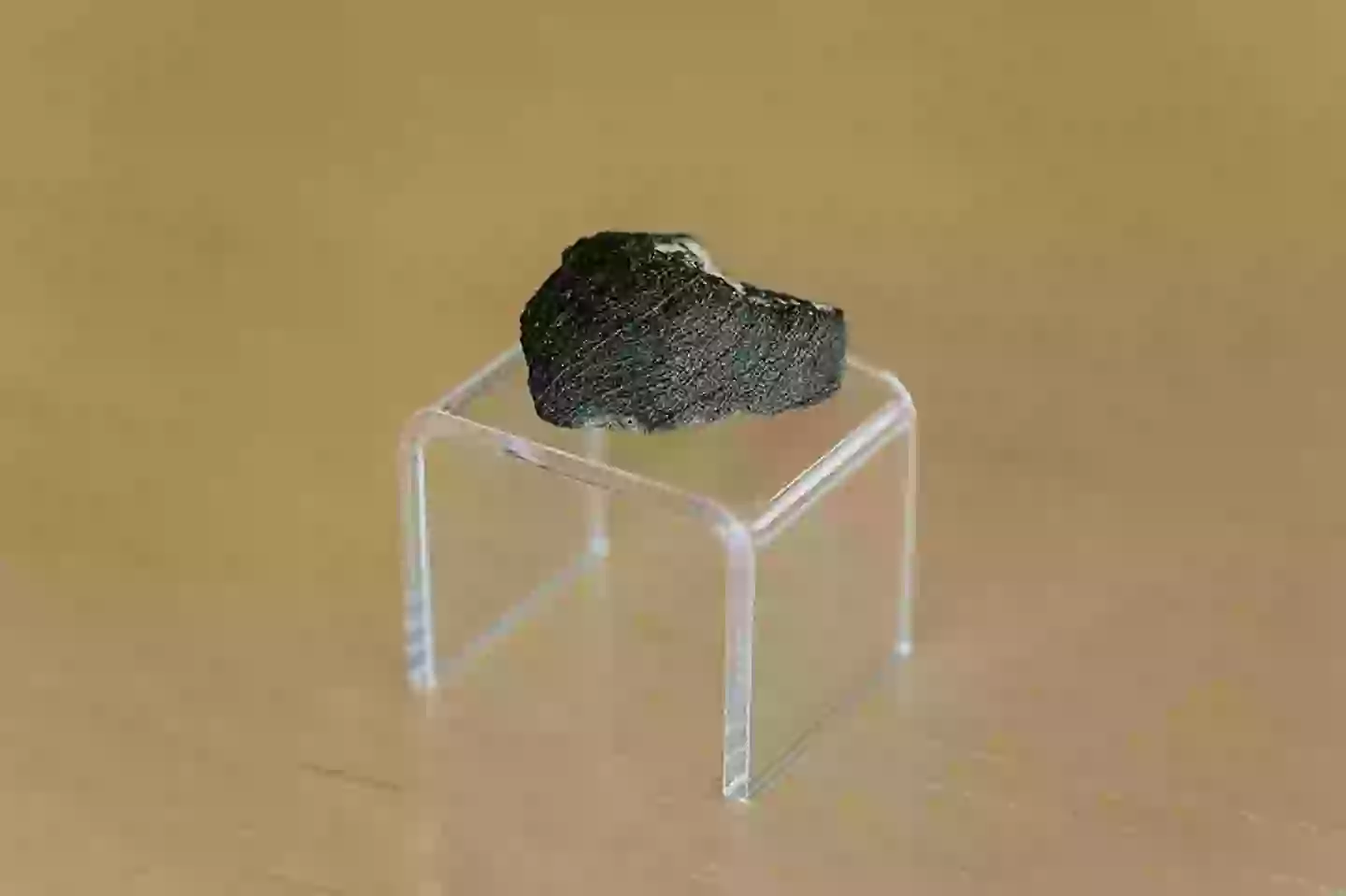
Scientists have discovered evidence of water that was once on Mars millions of years ago.
Around 11 million years ago, an asteroid slammed into Mars, blasting chunks of the planet into space.
One of these pieces eventually crash-landed on Earth and is now known as the Lafayette Meteorite - one of the rare meteorites that can be directly traced back to Mars.
Advert
Water was on Mars, we know it. But scientists have struggled to piece together when, how and what happened to it.
Now, one major clue has advanced the discovery.
An international team of scientists, including two from Purdue University‘s College of Science, managed to date minerals in the Lafayette Meteorite and found they formed about 742 million years ago.
The lead author, Marissa Tremblay, assistant professor in Purdue’s Department of Earth, Atmospheric, and Planetary Sciences (EAPS), explained that some Martian meteorites contain minerals formed through interactions with liquid water while still on Mars.
Advert

Tremblay, who specialises in how chemical processes shape planetary surfaces, said: “Dating these minerals can, therefore, tell us when there was liquid water at or near the surface of Mars in the planet’s geologic past.
"We dated these minerals in the Martian meteorite Lafayette and found they formed 742 million years ago.”
She added: “We do not think there was abundant liquid water on the surface of Mars at this time. Instead, we think the water came from the melting of nearby subsurface ice called permafrost and that the permafrost melting was caused by magmatic activity that still occurs periodically on Mars to the present day.”
Advert
Tremblay and her team showed that the water-related changes in the Lafayette Meteorite happened millions of years ago on Mars—and that this timing is accurate.
Despite the impact of being blasted off Mars, spending 11 million years in space and crashing into Earth, none of them affected the age of the water interaction they found.

Ryan Ickert, a senior research scientist at Purdue and co-author of the study, explained that earlier attempts to figure out when water interacted with rocks on Mars weren’t always reliable.
Advert
This new evidence provides a more precise and accurate date for when water was present on Mars, uncovering more about the Red Planet's history.
The Lafayette Meteorite was likely blasted off Mars’ surface about 11 million years ago during an asteroid impact. While floating in space, it was bombarded by cosmic rays which created certain isotopes within it.
This evidence doesn't just uncover Mars' backstory but also the Solar System and how our planet Earth got its water all those years ago.
"We have demonstrated a robust way to date alteration minerals in meteorites that can be applied to other meteorites and planetary bodies to understand when liquid water might have been present," Tremblay concluded.